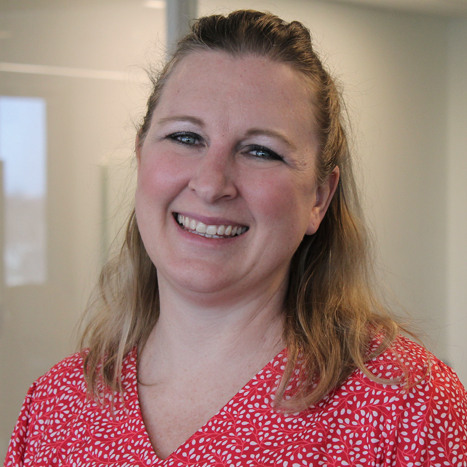
Overview
As part of our MediCaring® Communities reform agenda, Altarum is working with PACE, the Program of All-Inclusive Care for the Elderly, in Ypsilanti, Michigan, to test reforms needed to expand this government program to a growing population of seniors who need a mix of geriatric care and long-term supportive services. Under current Medicare and Medicaid coverage, millions of older adults face multiple challenges in locating reliable, comprehensive services.
Our Approach
PACE is one of the most promising ways of expanding access to long-term supportive services to more elders, but administrative and structural reforms are needed to ensure it is affordable and accessible. This pilot project is testing some of those reforms, including a pricing structure that would allow many of the services to be obtained affordably through cost-sharing and savings arrangements involving the beneficiary, Medicaid and Medicare.
Results
The project is an essential foundation for a new system of care that meets the needs of the country’s growing population of frail or disabled elders. As these efforts come to fruition, they will help lower the cost of long-term services and supports to individuals and to Medicaid, and enable more elderly persons to live at home longer.

Contact Us

Krissy Azeem - MPH, PMP
Senior Director, Delivery System Transformation
Areas of Expertise- Medicaid
- Training and Technical Assistance
- Long-Term Services and Supports
A leader in innovating the care delivery system with health plan, state, and federal partners, Krissy is proficient in health policy implementation and analysis, with a focus on home and community-based waivers and long-term services and supports. She has an eye for identifying the unintended consequences of proposed policies and creating innovative, and realistic, recommendations for state partners. Krissy has deep experience in providing technical assistance, designing and implementing action-oriented and outcomes-based learning systems, and catalyzing behavior change through thoughtful and strategic training. Passionate about improving the care delivery system, she has supported states and communities in enhancing the infrastructure, training, and experiences for direct service workers, including those who self-direct. Krissy holds a Master of Public Health degree from The George Washington University School of Public Health and Health Sciences.